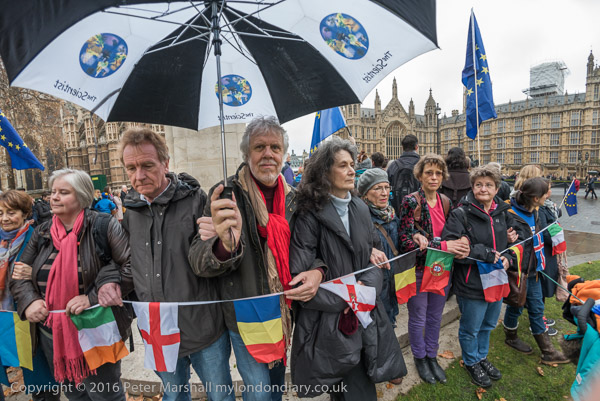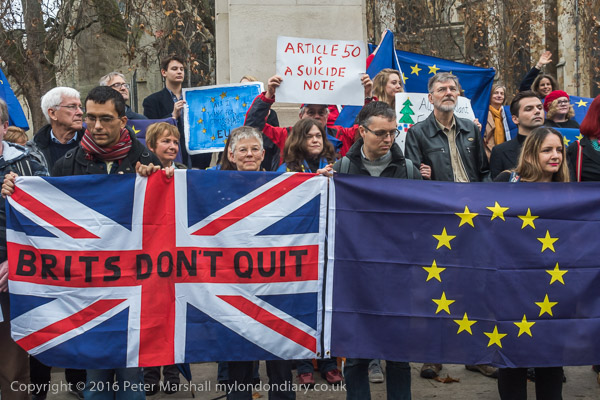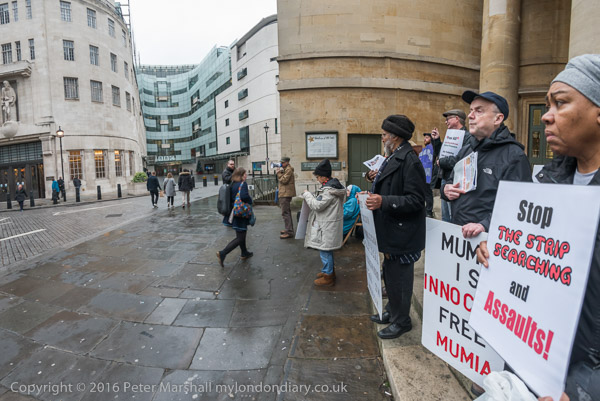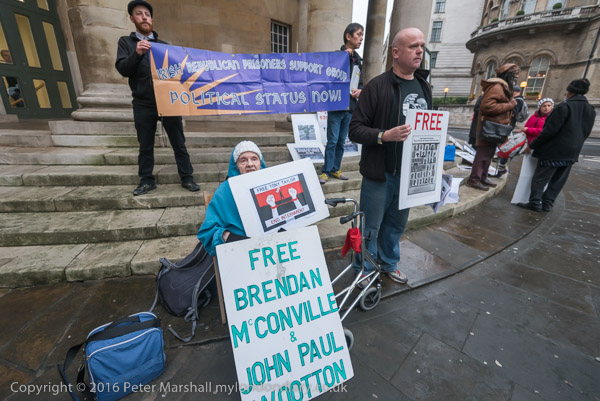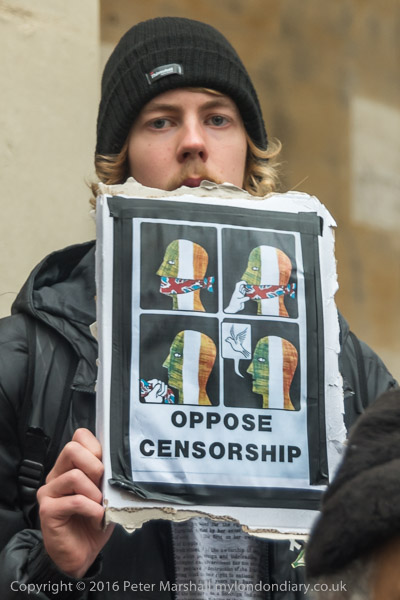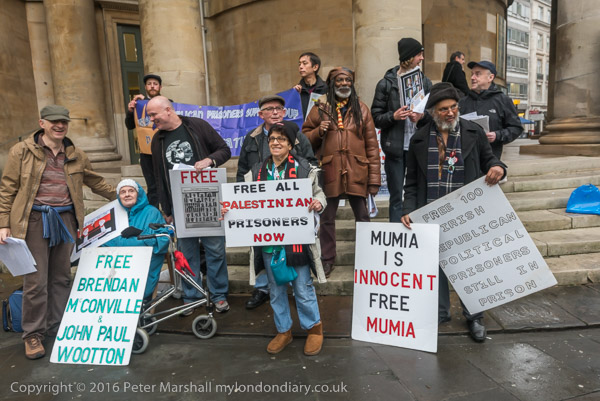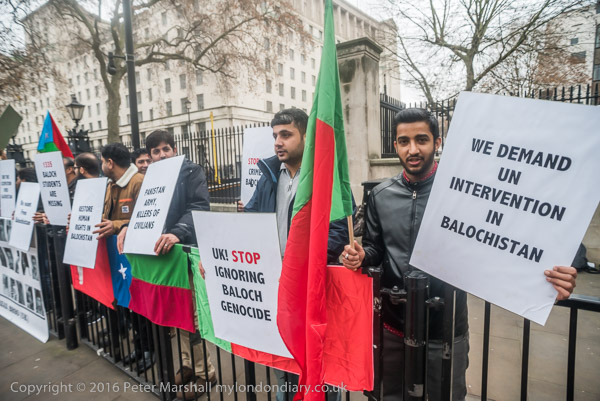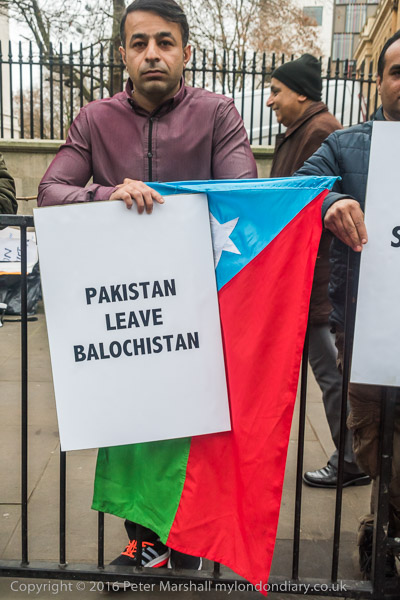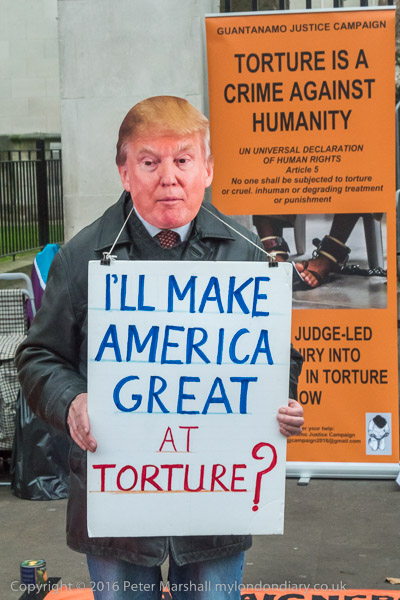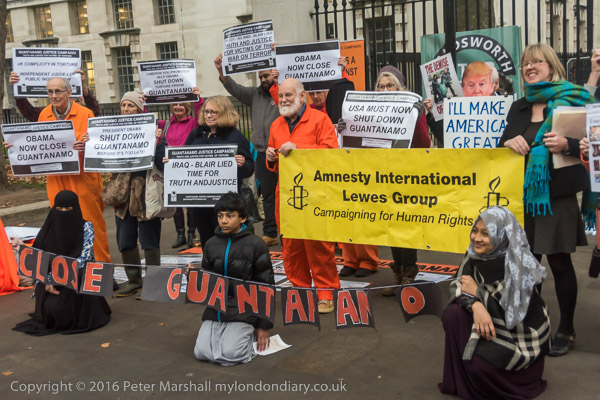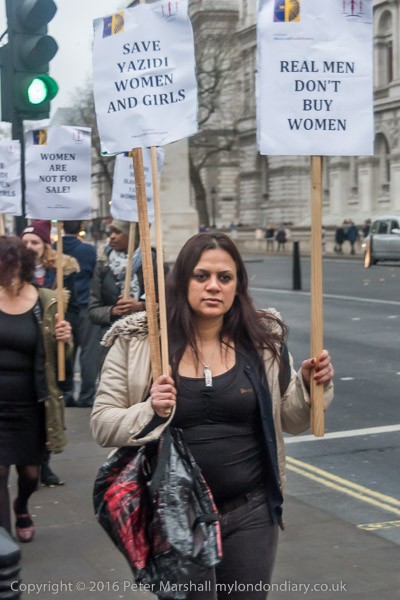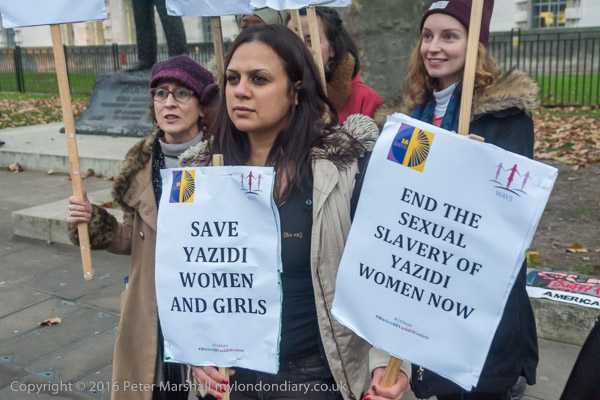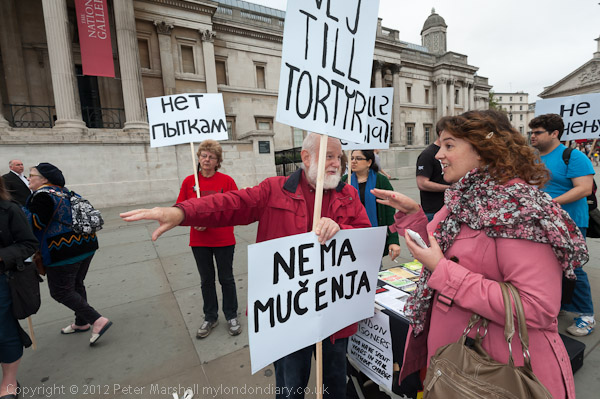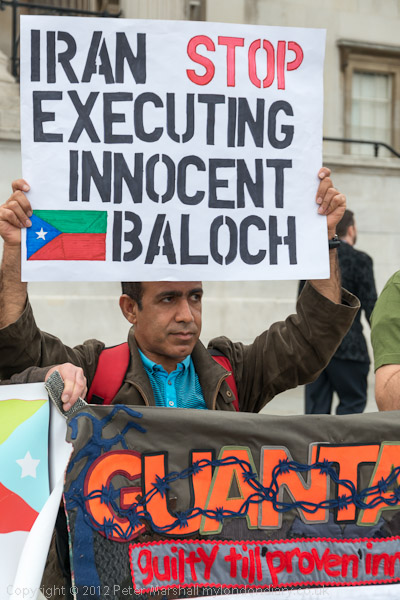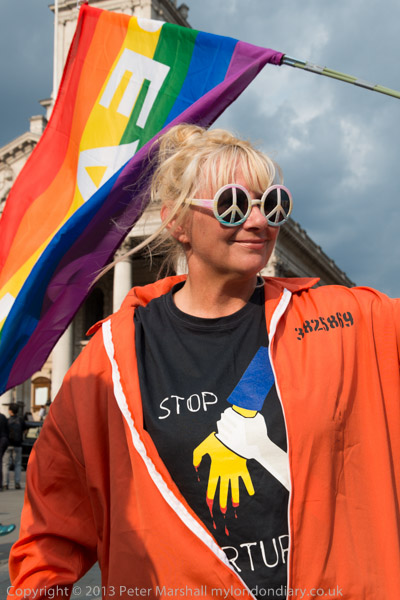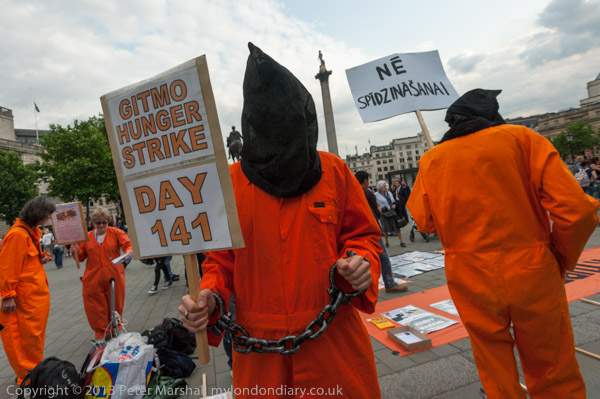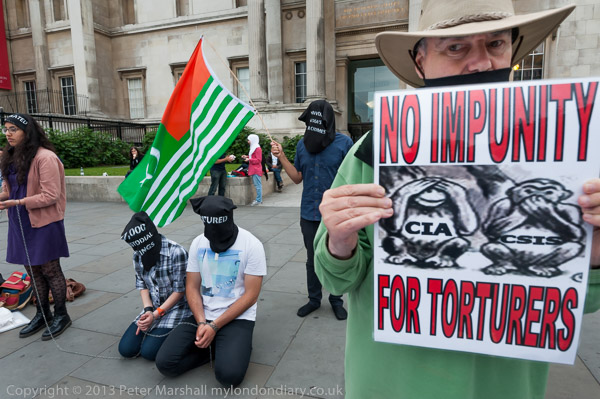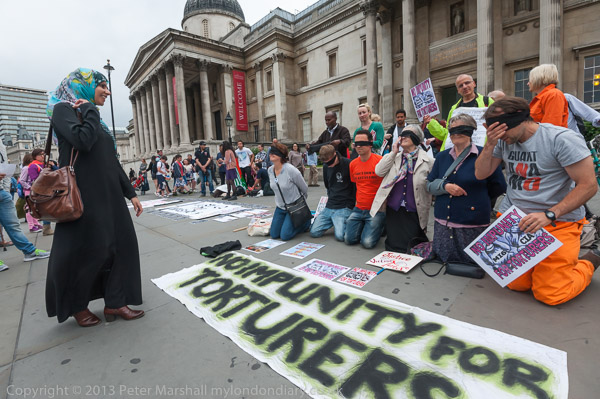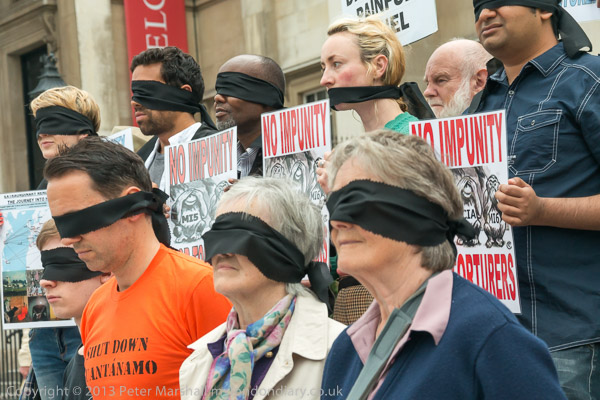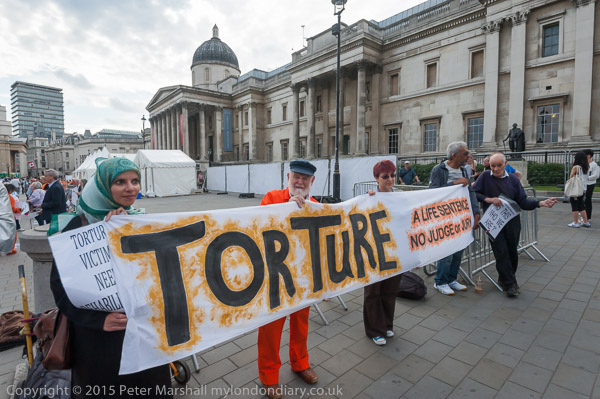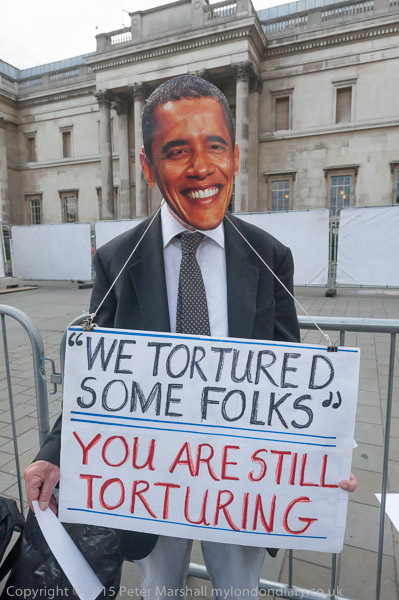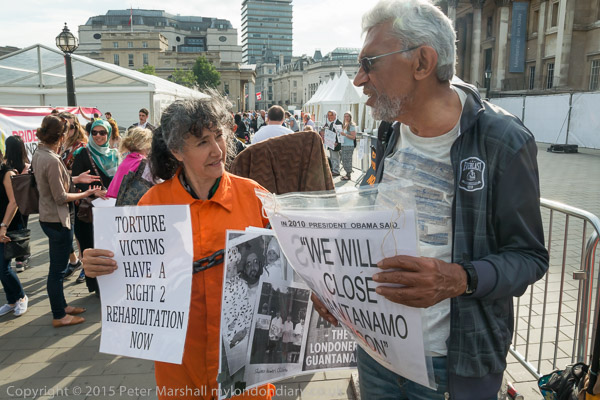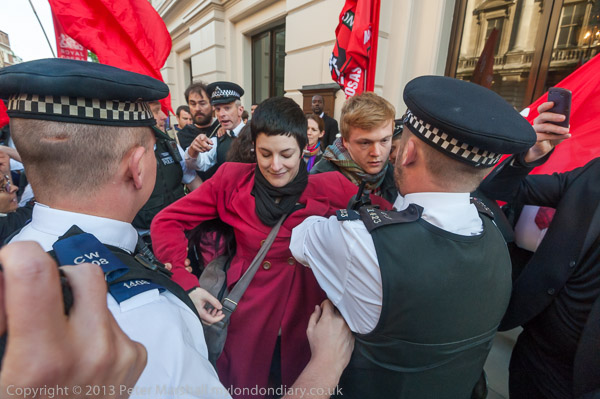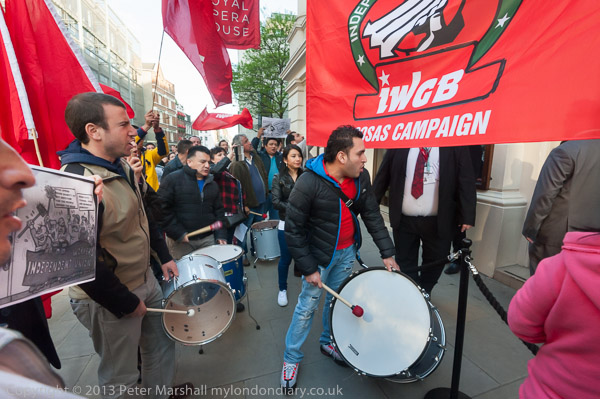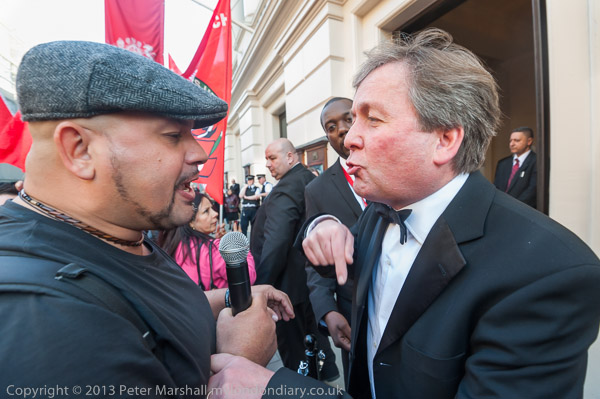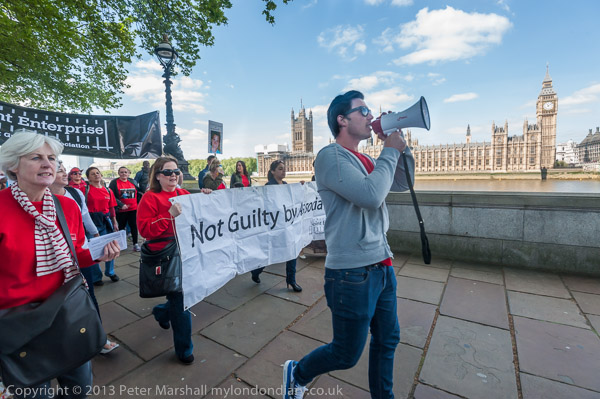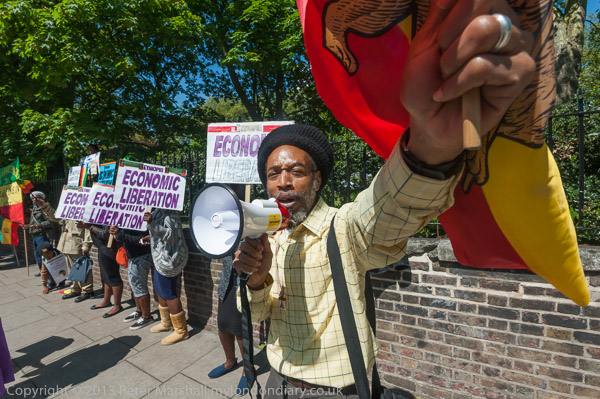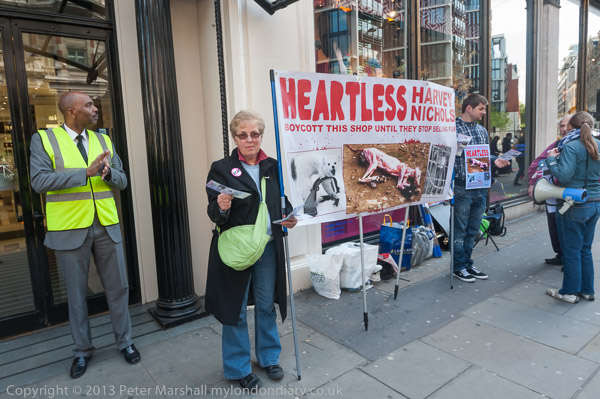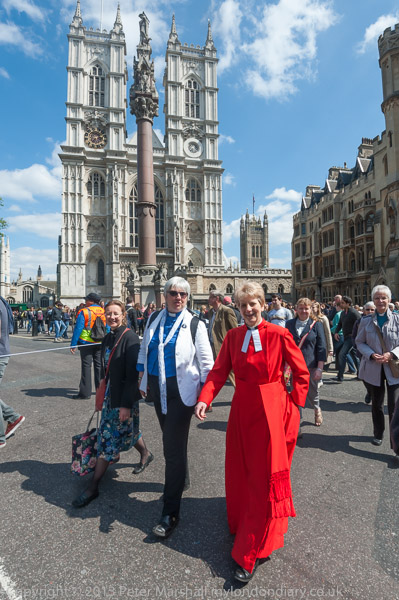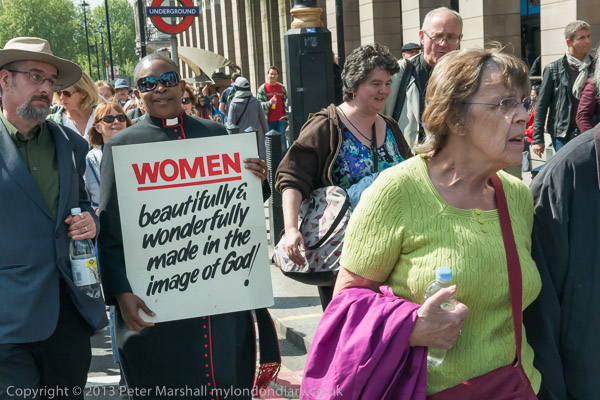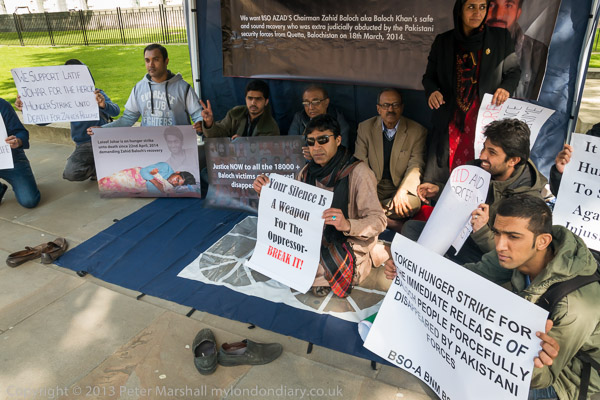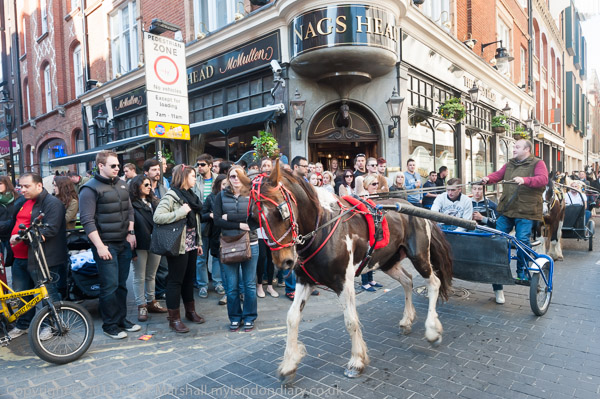Cable Car, Victoria Dock, Olympic Site & Torture: I was coming to London to photograph the ‘Say No to Torture‘ protest on the evening of Wednesday 26th June, but as it was a nice day and I came up a few hours earlier to take a ride on London’s cable car and then to take a few pictures around Victoria Dock and Silvertown before making quick visit to the Greenway to see what progress was being made in opening up the former Olympic site.
Emirates ‘Airline’ – Arab Dangleway – North Greenwich – Victoria Dock.
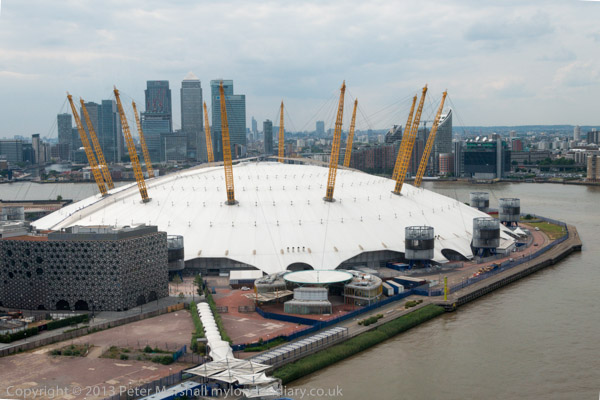
Now known officially since 2022 as the IFS Cloud Cable Car, the dangleway was never a viable transport system, with longer journey time and costing more than alternative routes on almost every conceivable journey.
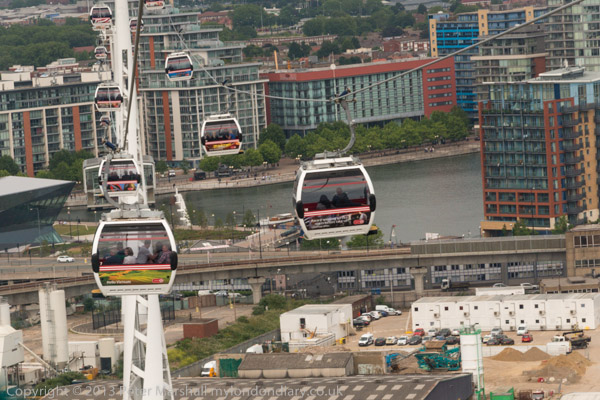
It doesn’t quite connect up with the rest of Transport for London’s system, the south terminal being a short and slightly confusing walk from North Greenwich Jubilee and bus station, and another fairly short walk on the North bank to Royal Victoria DLR. Completed in June 2012 its cost of £60m made it the most expensive cable car system ever built.

As I noted “it should be promoted as one of London’s cheaper and more interesting tourist attractions” giving great views along the River Thames, although the journey is a relatively short on at 7-10 minutes. with London in the distance, Canary Wharf and the Olympic site a little closer and Bow Creek, Silvertown and the Dome both nearly underneath.
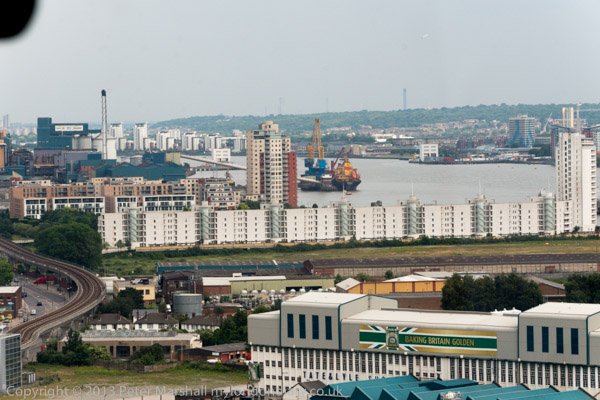
To my surprise, 11 years later the service is still running and TfL say that with the sponsorship deals it actually makes a profit.
Emirates ‘Airline’ – Arab Dangleway
Victoria Dock and Silvertown
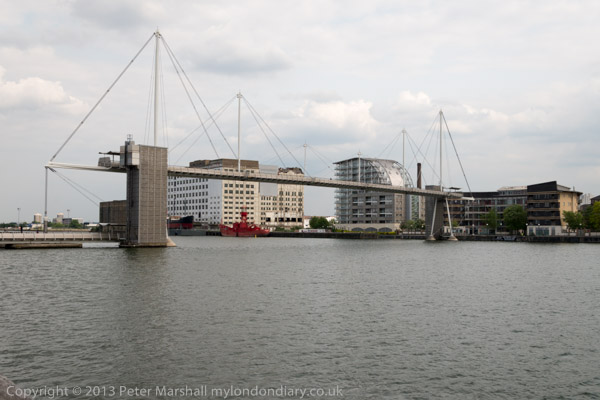
I think the more interesting parts of the Thames shoreline here are not yet publicly accessible, but you can – at least most of the time – walk along by Royal Victoria Dock and across the high level bridge for some more interesting views. The area and bridge get closed off when they are flogging illegal arms at the Excel Centre fairs (if you represent a despotic government you’ll have a ticket to that anyway.)
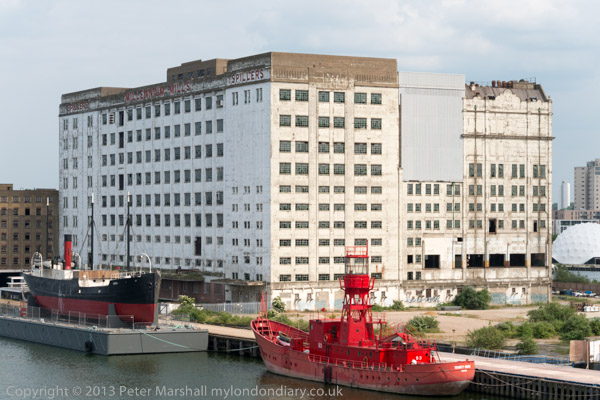
Most of the pictures here were taken from that high level walkway across the dock, but I think I walked on to the stations on the DLR line to Woolwich (then only to North Woolwich) which are elevated and also give some interesting views.
Stratford Greenway Olympic Revisit – Stratford Marsh
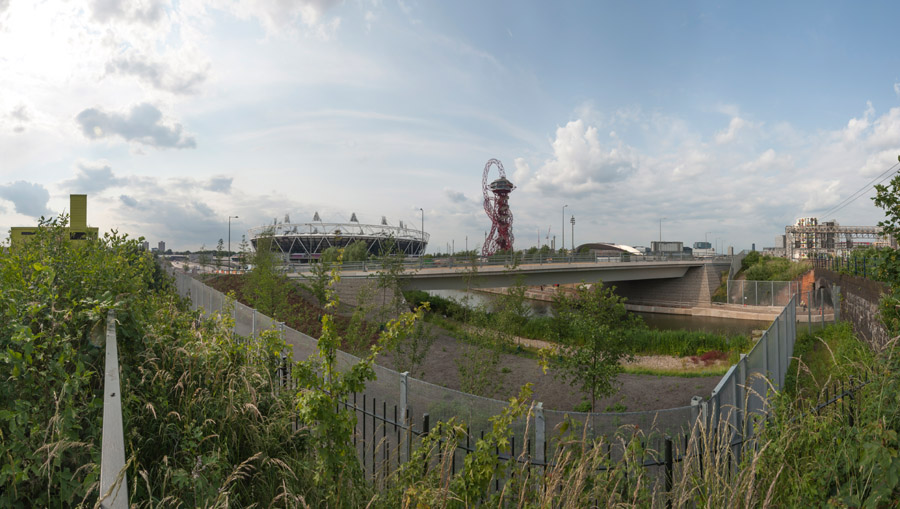
I took the DLR to Canning Town, changed to the JUbilee to Stratford then back to the DLR for the short ride to Puddling Mill Lane, and walked up onto the Greenway, where I’d photogaphed many times in the past.
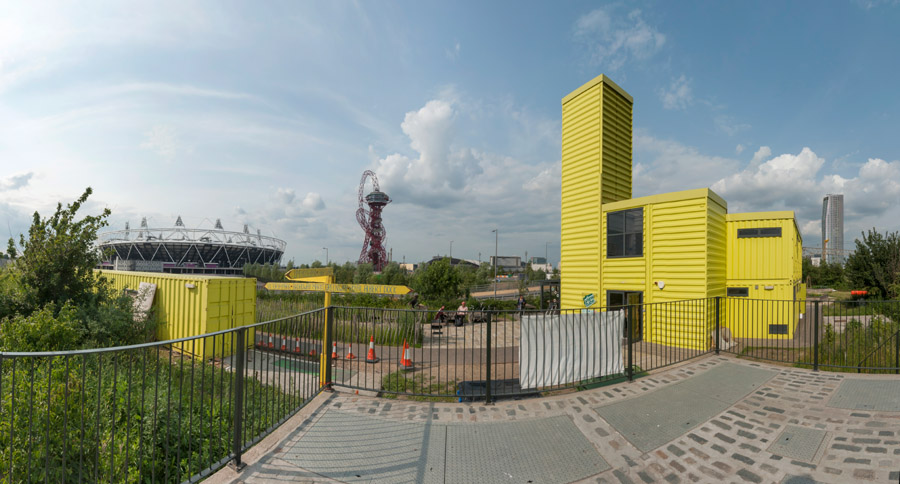
Progress in releasing the Olympic site to the public appeared to be very slow and there sre still routes closed off in 2024.
Stratford Greenway Olympic Revisit
Say No To Torture – Trafalgar Square
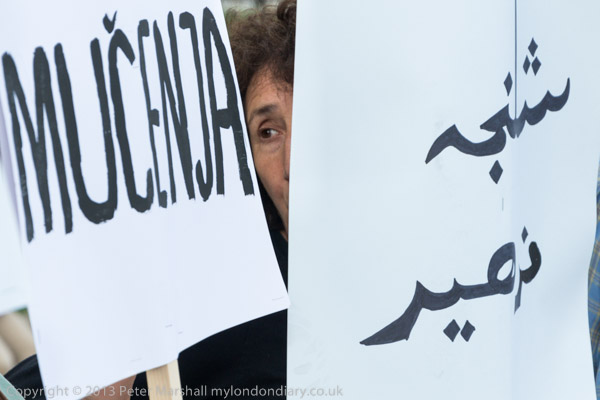
It was the ‘International Day in Support of Victims of Torture‘, the anniversary of the UN Convention Against Torture on 26 June 1987, and the London Guantanamo Campaign had organised a protest in Trafalgar Square.
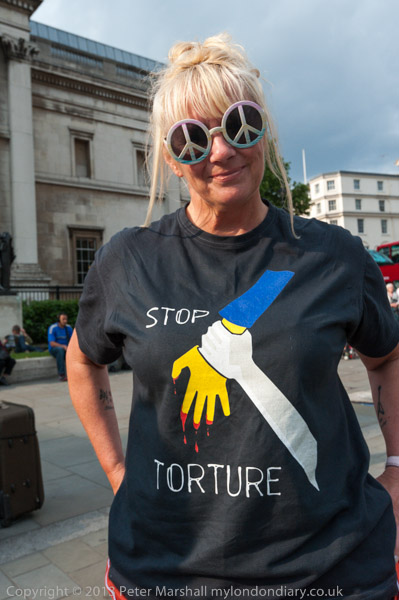
The London Guantanamo Campaign had been active in calling for the closure of Guantanamo and other torture prisons including Bagram in Afghanistan since 2006. In particular the protest was to draw attention to Shaker Aamer, one of the 166 prisoners still held in Guantanamo. A London resident he was captured by bandits in Afghanistan where he was working for a medical charity and sold to the American forces, who tortured him – with the cooperation of the British Secret Service in Bagram, before illegally rendering him to Guantanamo where he continues to be tortured despite having been cleared for release.
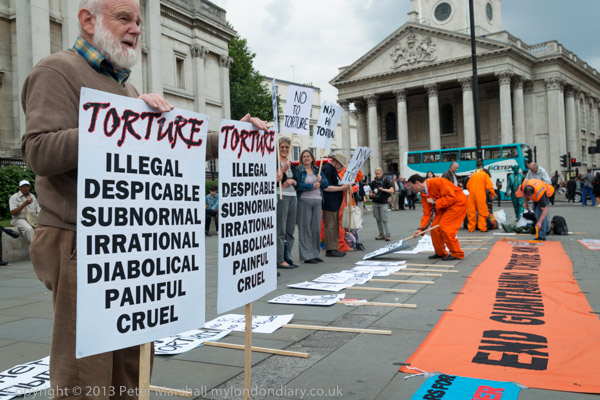
In 2013 he was in very poor health having been – along with the majority of the other prisoners there – on hunger strike for 141 days. It was not until 30 October 2015 that he was finally released to the UK.
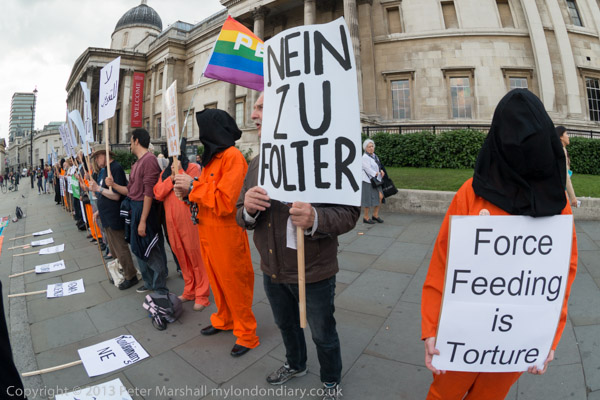
The US response to the hunger strike had been regular beatings, keeping those taking part in solitary confinement in bare cells and to use forcible feeding, strapping them into a special chair and forcing a feeding tube up a nostril and down into their stomach. The procedure is extremely painful and both this and the sensory deprivation of solitary confinement in bare cells also constitute torture under the UN definitions.
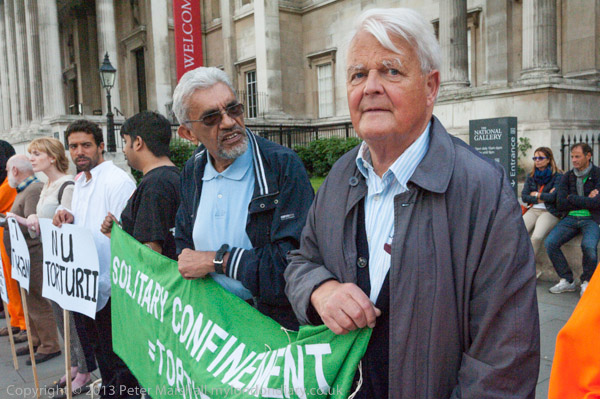
Many of those taking part wore orange Guanatanamo-style jump suits and black hoods and they held up banners an placards saying ‘No To Torture‘ in 30 languages. Some of those taking part were regular protesters with the ‘Save Shaker Aamer Campaign‘ which has been holding daily lunchtime vigils opposite the House of Commons to put pressure on the UK government to release him. Many think his continued imprisonment is because his testimony would embarrass both the UK and US security services who were clearly involved in his torture.
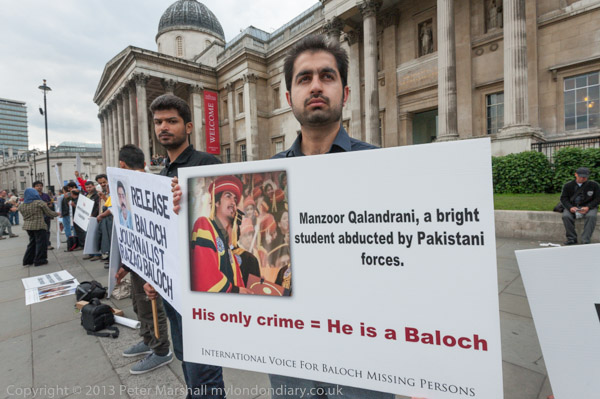
Others were also protesting against torture, with Balochs in Pakistan being subject to arrests and other human rights violations including torture by the Pakistan authorities for campaigning for independence. The protesters held pictures of a number of Baloch activists who have simply disappeared, believed to be held or possibly killed by Pakistani forces.
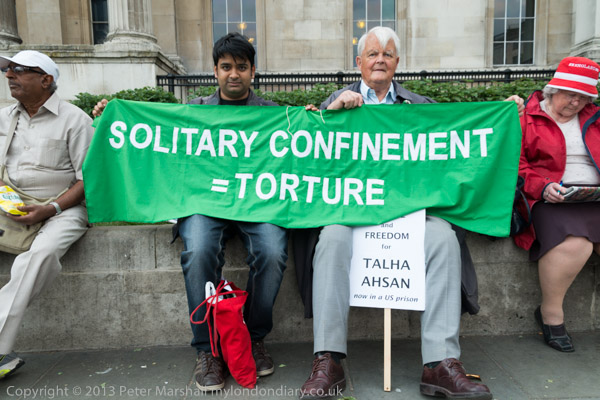
And protesters also drew attention to the US treatment of award-winning British poet and translator Talha Ahsan who suffers from Aspergers syndrome. He was extradited from the UK and was currently awaiting trial in solitary confinement in a high-security state prison in Connecticut because of alleged association with an Islamic web site and publishing house said to have links with terrorism. He was eventually released after 8 years following a plea bargain in December 2013 when time already served in the UK and US prisons was ‘time already served.’
Flickr – Facebook – My London Diary – Hull Photos – Lea Valley – Paris
London’s Industrial Heritage – London Photos
All photographs on this page are copyright © Peter Marshall.
Contact me to buy prints or licence to reproduce.
